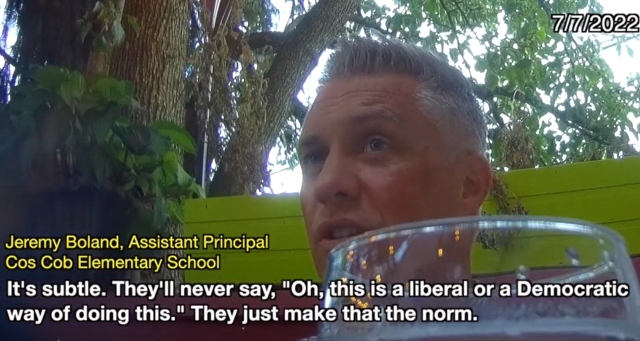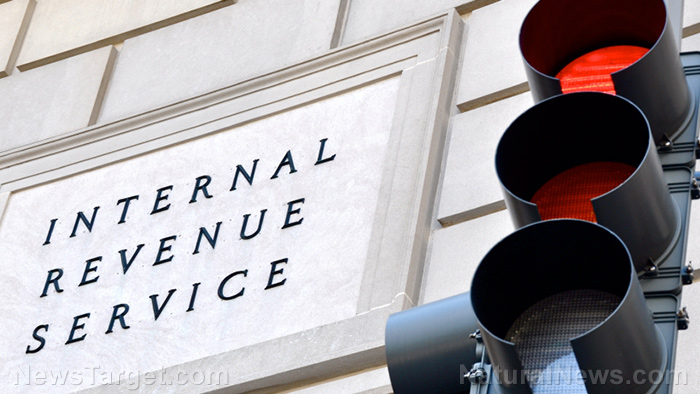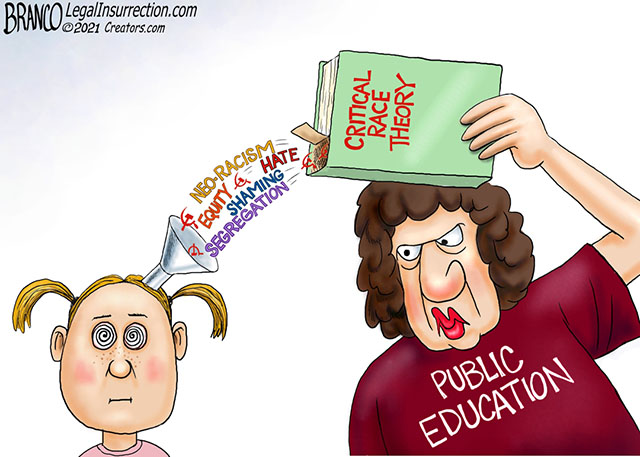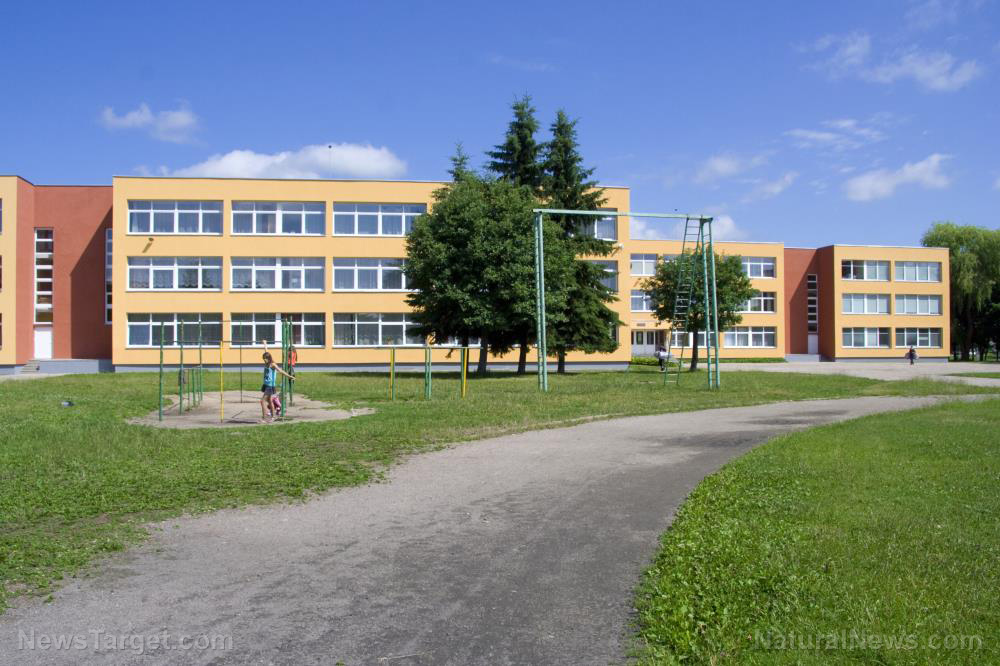National security risk: MIT received over $51 million from Russian foundation
12/03/2020 / By Arsenio Toledo

The Massachusetts Institute of Technology (MIT) has accepted over $51 million in monetary gifts from the Russian Skolkovo Foundation. The U.S. government considers this relationship to be a serious national security risk.
A report from the Department of Education’s Office of the General Counsel back in October shows how the department is very critical of the partnership MIT has forged with the Russian Skolkovo Institute of Science and Technology (Skoltech), saying that this relationship amounts to “conducting sensitive research in conjunction with an adversarial government.
The department said that, while they believe the public should be made aware of relationships that “concern national security,” they will not police MIT’s ongoing partnership with Skoltech.
Between March 2014 and February 2016, the Skolkovo Foundation gave five monetary gifts to MIT, totaling $51.5 million. Furthermore, MIT officials accepted a $30 million contract from an unknown Russian entity in December 2019 that is believed to be connected to either Skoltech or the Skolkovo Foundation.
The relationship between MIT and Skolkovo began in 2011 when they created Skoltech as a “joint venture” with the goal of “empowering Russia’s technology sector and attracting foreign investment.”
The new university’s first graduates left the institute in June 2015. Skoltech‘s main topics of research include oil and gas extraction, energy research, manufacturing, biomedical research, communication infrastructure and space technology.
However, despite Skoltech being called a joint venture meant to equally benefit Russia and the United States, governance of the new university is firmly in Russian control. Its board of directors is filled with high-ranking Russian government officials and there are barely any American individuals on the board of trustees.
The Education Department report noted that Arkady Dvorkovich, the school’s chairman, previously served as Russian deputy prime minister from 2012 to 2018 under former Prime Minister Dimitry Medvedev.
Skoltech also has ties with institutions on the American watchlist, including Chinese tech company Huawei.
This report was compiled as part of the Education Department’s compliance with Section 117 of the Higher Education Act of 1965, which states that higher education institutions must disclose gifts and contracts from foreign sources worth $250,000 or more.
Many universities underreport foreign funding
The Education Department’s report comes after they released another report back in October detailing how many of the leading universities in the country have “massively underreported” how much of their funding comes from nations like China and Russia that are described by the federal government as “foreign adversaries.”
This report comes after the department launched investigations on 12 of the country’s leading educational institutions, including MIT and several Ivy League universities. (Related: United against China: College Dems join College Republicans in demand to close ALL Chinese ‘propaganda’ centers on campus.)
According to the report, all 12 schools have had financial dealings with Huawei, which the report asserts has direct ties to the Chinese Communist Party. They have also had dealings with institutions in Qatar, Saudi Arabia and Russia.
While the report does not go into detail about which universities had connections with which entities, the department was able to highlight that these 12 institutions combined failed to disclose over $6.5 billion in foreign funding.
When Education Secretary Betsy DeVos announced her department’s report, she said that the noncompliance was very prevalent and that it gets worse the more a university is entangled in foreign funding.
“For decades enforcement was lax, but not anymore,” she said. “We took action to make sure the public is afforded the transparency the law requires.”
While the Education Department said that their report is only meant to promote transparency, they are still cooperating with the Department of Justice for “potential enforcement against specific institutions.”
The report comes as Congress echoes its concerns that many colleges and universities in the country are being infiltrated by Chinese nationals who work or study there while also working for the Chinese government.
In fact, DeVos began her department’s investigation into the 12 universities after a bipartisan report in Congress found that over 70 percent of institutions that have a Confucius Institute – a Chinese language educational program funded by the communist Chinese government – failed to disclose their financial ties.
America’s universities have attempted to push back against the criticism. The Association of American Universities said the Education Department’s report was “less a serious security assessment than it is a partisan and politically driven attack.”
Many other universities have said that they wanted to follow the law but were not given a lot of federal guidance as to how to do it. Others have said that enforcing the regulations will deter foreign donors who prefer to remain anonymous.
“Institutions manage to track every cent owed and paid by their students,” read the report, dismissing the concerns of universities. “There is no doubt they can – and indeed do – track funds coming from foreign sources, including those adversarial to American interests.”
Learn more about the corruption that is prevalent in America’s higher institutions by reading the latest articles at EducationSystem.news.
Sources include:
Ed.gov [PDF]
Submit a correction >>
Tagged Under:
Betsy DeVos, biased, China, College, communism, corruption, Department of Education, education, education system, foreign assets, foreign funding, foreign influence, foreign partnership, Huawei, Ivy League, Massachusetts Institute of Technology, MIT, rigged, Russia, Skolkovo Foundation, Skolkovo Institute of Science and Technology, Skoltech, treason, universities
This article may contain statements that reflect the opinion of the author
RECENT NEWS & ARTICLES
COPYRIGHT © 2018 PUBLICEDUCATION.NEWS
All content posted on this site is protected under Free Speech. PublicEducation.news is not responsible for content written by contributing authors. The information on this site is provided for educational and entertainment purposes only. It is not intended as a substitute for professional advice of any kind. PublicEducation.news assumes no responsibility for the use or misuse of this material. All trademarks, registered trademarks and service marks mentioned on this site are the property of their respective owners.





















